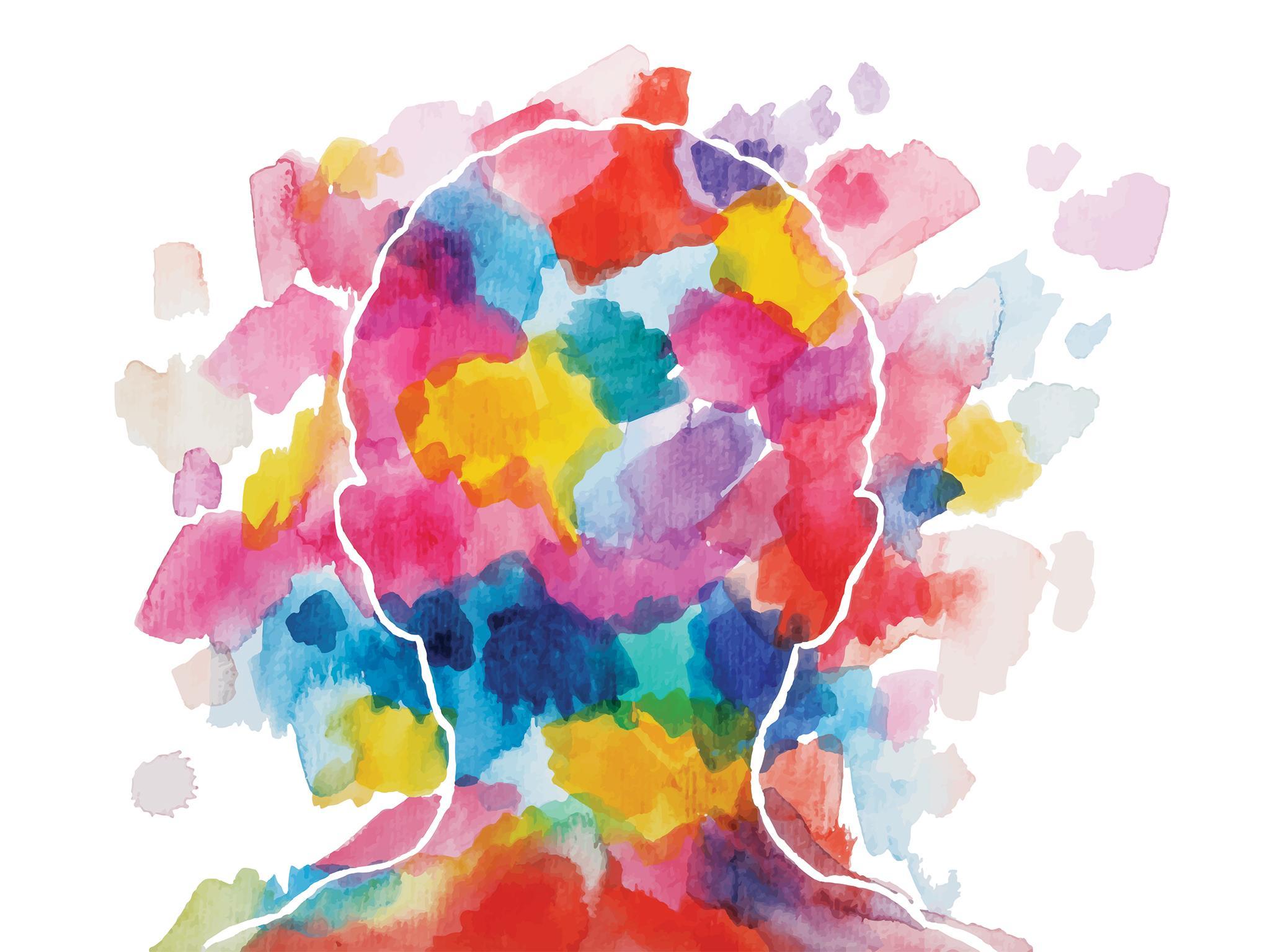
In a world where silence often shrouds the battles we face within our minds, the imperative of mental health has rightfully taken center stage. It’s a journey that each of us embarks on, navigating the intricacies of our own thoughts and emotions, sometimes in shadows unseen by those around us. The quest for mental wellness is a path paved with challenges and victories, a transformation that begins with acknowledging the darkness within and seeking the light of understanding and healing.
Understanding Mental Health
Mental health plays a vital role in our overall well-being. It encompasses our emotional, psychological, and social well-being, shaping how we think, feel, and act. Good mental health allows us to handle stress, make meaningful connections with others, and lead fulfilling lives. It is essential for coping with life’s challenges, building resilience, and achieving balance.
Struggling with mental health issues can manifest in various ways, such as anxiety, depression, or mood disorders. These conditions can impact our thoughts, feelings, and behaviors, affecting our daily functioning and quality of life. Seeking support and understanding the complexities of mental health can help individuals navigate these challenges effectively, fostering healing and growth.
It is crucial to break the stigma surrounding mental health and promote conversations that encourage awareness, empathy, and acceptance. By increasing understanding and compassion for those facing mental health struggles, we can create a more supportive and inclusive environment for everyone. Educating ourselves on mental health helps promote early intervention, destigmatization, and access to resources for those in need.
Navigating the Journey
Embarking on the path to mental wellness can feel like navigating uncharted territories. It often involves confronting deep-seated emotions and unraveling tangled thoughts. This journey is unique for each individual, as the mind is a complex landscape with its twists and turns.
As we navigate this terrain, it is crucial to remember that seeking support is not a sign of weakness, but a courageous step towards healing. Whether it is through therapy, mindfulness practices, or simply reaching out to a trusted friend, connection plays a vital role in our mental well-being. By opening up and sharing our struggles, we allow for vulnerability, which can lead to profound growth and understanding.
In this journey towards mental wellness, self-compassion acts as a guiding light amidst the shadows. It is essential to treat ourselves with kindness and understanding, especially during moments of difficulty. By acknowledging our strengths and limitations, we create a space for self-acceptance and growth. Through patience and self-care, we can transform our shadows into sources of resilience and strength.
Tools for Wellness
In our journey to mental wellness, it is important to incorporate various tools and strategies to support our well-being. One powerful tool is mindfulness, which involves being present in the moment and observing our thoughts and feelings without judgment. Embracing mindfulness can help us manage stress, anxiety, and improve our overall mental health.
Another valuable tool for mental wellness is practicing self-compassion. By treating ourselves with kindness and understanding, we can cultivate a positive self-image and enhance our resilience to challenges. Self-compassion allows us to acknowledge our imperfections and setbacks with gentleness, fostering a sense of inner peace and acceptance.
Lastly, engaging in regular physical activity can significantly benefit our mental health. Exercise releases endorphins that boost our mood, reduce feelings of anxiety and depression, and enhance our cognitive function. Whether it’s going for a walk, practicing yoga, or hitting the gym, finding a form of physical activity that you enjoy can be a transformative tool in promoting mental wellness.









